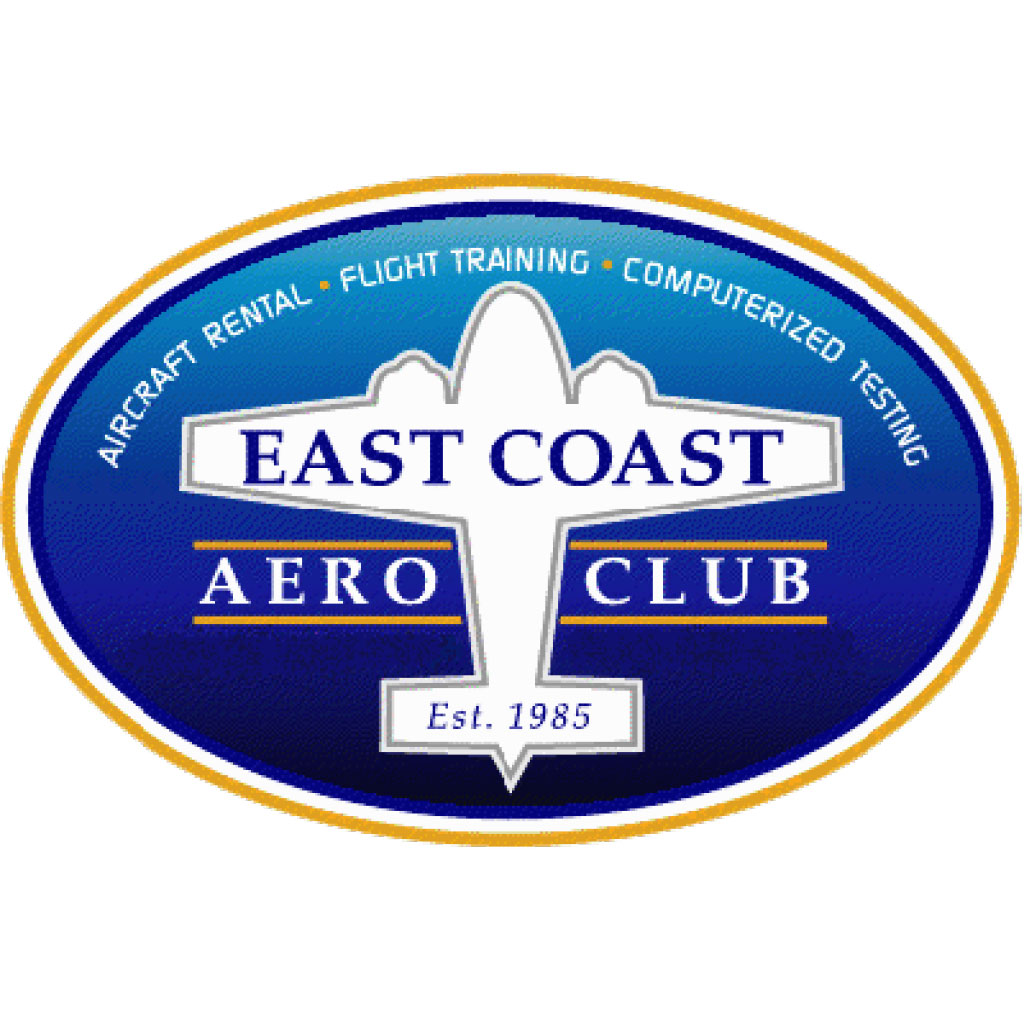Like the instrument rating, a commercial certificate is beneficial for both career-oriented pilots as well as hobbyists. Commercial training refines a pilot’s skills, resulting in more precise flying. This inevitably adds an extra level of safety for the pilot and his / her passengers. Perhaps the greatest benefit of this certificate is the ability to fly for hire (receive compensation for flying).
Privileges
Fly for hire
Requirements (Part 61)
General
- Ability to read, write and speak English
- Ability to pass an FAA class 3 medical examination
- Age 18 or older to obtain certificate
Flight Experience
- Hold a Private Pilot Certificate
- While not required an instrument rating is recommended
- Without an instrument rating the commercial pilot privileges are limited.
- Must log at least 250 hours of total flight time
- The 250 hours of flight time as a pilot may include 50 hours in an approved flight simulator or training device that is representative of the single-engine or multi-engine airplane (as appropriate)
- 100 hours in powered aircraft, of which 50 hours must be in airplanes
- 100 hours as Pilot-In-Command (PIC) flight time, which includes at least:
- 50 hours in category sought
- 50 hours in cross-country flight of which at least 10 hours must be in category sought
- 20 hours of training in the areas of operation required for single-engine or multi-engine rating that includes at least:
- 10 hours of instrument training using a view-limiting device including attitude instrument flying, partial panel skills, recovery from unusual flight attitudes, and intercepting and tracking navigational systems. Five hours of the 10 hours required on instrument training must be in a single engine airplane;
- 10 hours of training in a complex airplane, a turbine-powered airplane, or a technically advanced airplane (TAA)
- One cross-country flight of at least 2 hours in a single-engine or multi-engine airplane (as appropriate) in day-VRF condition, consisting of a total straight-line distance of more than 100nm from the original point of departure
- One cross-country flight of at least 2 hours in a single-engine or multi-engine airplane (as appropriate) in night-VRF condition, consisting of a total straight-line distance of more than 100nm from the original point of departure
- 3 hours in a single-engine or multi-engine airplane (as appropriate) in preparation for the practical test within the 60 days (2 calendar months)preceding the test
- 10 hours of solo flight (sole occupant of the airplane) in a single-engine airplane, or 10 hours of flight time performing the duties of Pilot-In-Command (PIC) in a multi-engine airplane with an authorized instructor, training in the areas of operations required for the single-engine or multi-engine rating (as appropriate), which includes at least:
- One cross-country flight of not less than 300nm total distance, with landings at a minimum of three points, one of which is a straight-line distance of at least 250nm from the original departure point
- 5 hours in night-VFR conditions with 10 takeoffs and landings (with each landing involving a flight in the traffic pattern) at an airport with an operating control tower
- Pass a FAA written pilot knowledge test, with a score of 70% or better. The commercial pilot test consists of 100 multiple-choice questions.
- Pass FAA check ride
- The FAA has eliminated the use of complex or Technically Advanced Aircraft (TAA) airplanes for commercial pilot and flight instructor practical tests. The check ride may now be taken using a non-complex or TAA aircraft, however the 10 hours of training in a complex or TAA aircraft is still required.
Cost
Generating an accurate estimated cost of obtaining a commercial certificate is a daunting task, primarily due to the fact that candidates typically have varied levels of experience. This estimate assumes that the candidate holds an instrument rating and is within close range of the 250-hour total time requirement. Please note that this breakdown is based on our Bedford, MA rates (with the exception of the simulator charges) and will vary between our flight schools in Nashua, NH and Norwood, MA.
Additionally, this estimate should provide you with an idea of virtually all of the costs associated with obtaining this rating. We have established this estimate using a fairly conservative approach to avoid unexpected expenses. If you have questions regarding how our pricing differs from the pricing of our competitors please feel free to contact us!
| Commercial Pilot Estimated Cost Breakdown | |
| Dual Flight (15 Hours in Complex Aircraft) |
$ 7,185 |
| Dual Ground Instruction (20 Hours Average Student) |
$ 1,800 |
| Books / Supplies (Estimate) |
$ 100 |
| FAA Written Exam |
$ 175 |
| FAA Practical Test (Examiner Fee) |
$ 750 |
| FAA Practical Test (Aircraft Rental Approx. 1.5 Hours) |
$ 584 |
|
Total |
$ 10,744 |




